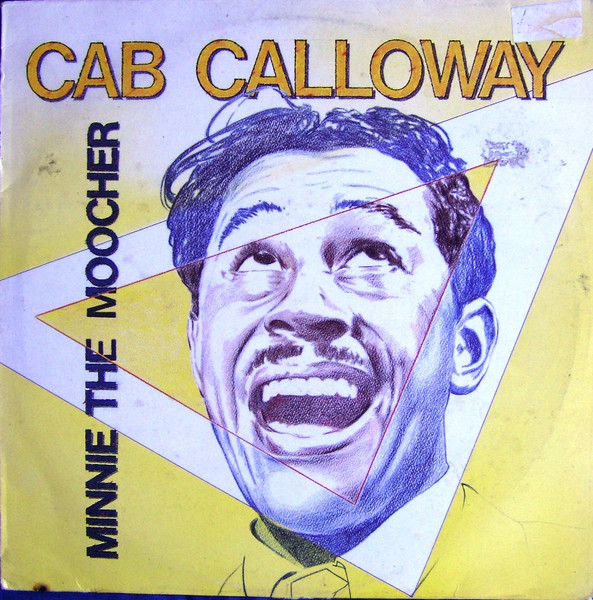About the Album:
“There are certain genres that it's tres stylish to bash unceasingly…One…is the late-seventies/early-eighties genre of arena rock, where musical alchemy mixed progressive rock with monster arena concerts. Journey, REO Speedwagon, Cheap Trick, Kansas -- lotta bands paid the rent with this stuff, and yes, some of it's drivel. But you know what? Some of it’s pretty tasty. Paradise Theater falls in the latter category.” DE
“After successfully establishing themselves as one of America's best commercial progressive rock bands of the late '70s with albums like The Grand Illusion and Pieces of Eight,” ER Styx turned out the “uneven Cornerstone album,” ER which, despite its “mediocrity…propel[ed] the band to their highest point, so far, of commercial success, so there were a lot of eyes looking at the follow-up.” DW
With Cornerstone, ”Styx had taken a dubious step towards pop overkill with singer Dennis DeYoung’s ultra-schmaltzy ballad ‘Babe.’…The number one single would sew the seeds of disaster for the group by pitching DeYoung’s increasingly mainstream ambitions against” ER “the more hard-hitting approach of” CD “Tommy Shaw and James ‘JY’ Young.” ER
However, “Paradise Theater seemed to represent the best of both worlds” ER “as the rift…hadn’t yet wreaked havoc.” CD Paradise Theater “seemed to satisfy both of the band's camps with its return to complex hard rock” ER favored by “purists Shaw and JY,” ER “while sparing no amount of [the] pomp and grandeur” ER favored by DeYoung. The album also “contains some of the best songs Styx would ever write.” DE
The album’s “loose concept about the roaring ‘20s heyday” ER “focused on something concrete” PH – “the condemnation and destruction of the Paradise Theater, a famous showplace in the band’s hometown of Chicago” DD “is used as an allegory for America’s decline in the late seventies.” DE
Starting out with the same melody as ‘The Best of Times,’” PH opening cut A.D. 1928 is “subdued yet oddly humorous.” PH “The lyrics of this track begin with ‘Tonight’s the night we’ll make history / As sure as dogs can fly.’ In other words, it’s not likely.” PH The song “which features a lonely DeYoung on piano and vocals introducing the album’s recurring musical theme.” PH
This launches into Rockin’ the Paradise, “which blasts this disc into full force.” DW It is “one of the group’s most effective rockers and most substantial group efforts.” CD as it offers “the listener…what Styx has always been known for – driving rock and roll.” PH It is also “one of the few songs written by all three of the band’s composers.” CD
“Shaw brings his pop sensibilities to the fore on the ridiculously catchy (and hugely successful) Too Much Time on My Hands, whose synth bass hook became part of the pop pantheon” CD and “figures among Shaw’s finest singles ever.” ER
“DeYoung proves his mettle as a balladeer once again” CD on lead single The Best of Times. The song “is more about the theatre than a relationship, as one would think on first listen.” PH However, some would say that “it suffers from trying to be two things and not really succeeding at either.” PH It “relies on cliches like ‘I feel so helpless like a boat against the tide’ until the sappy meter goes off the chart with ‘I know if the world turned upside down/ you’d always be around.’” PH Still, “with its deliberate, marching rhythm, …somehow it just works.” ER
DeYoung, stuck close to the overall storyline” ER with numbers like ‘The Best of Times’ and Nothing Ever Goes as Planned The latter, along with Lonely People, feature "great horn part[s] provided by the Hangalator Horn Section.” DE
Shaw tried “to resist thematic restrictions” ER on songs like ‘Hands’ and She Cares, but the results “are still delightful.” DE
“JY, the band’s third songwriter (and resident peacekeeper) is only slightly more cooperative with the Paradise Theater concept. His edgier compositions include the desolate tale of drug addiction” ER on “the Young/Shaw-sung Snowblind [which] finds the boys getting downright bluesy” CD JY’s efforts “snarl and tear at your emotions,” DE finding the band “dipping into a Led Zeppelin-ish haze…powered by a guitar solo that sets up the ripping conclusion.” PH
JY also contributes “the rollicking opus Half-Penny, Two-Penny,” ER his “best since ‘Miss America’” DW from 1977’s The Grand Illusion. The song “infuses a graphic depiction of inner city decadence with a final, small glimmer of hope and redemption.” ER
It “leads straight into the album’s beautiful saxophone-led epilogue, A.D. 1958,” ER which “leaves the Paradise Theatre condemned.” PH The song “once again reveals MC DeYoung alone at his piano,” ER reprising the tune that opens the album and is the core of “The Best of Times.”
“Paradise Theater would become Styx's greatest commercial triumph; and [is] one of the best examples of the convergence between progressive rock and AOR which typified the sound of the era's top groups (Journey, Kansas, etc.)…Paradise Theater was truly the best of times.” ER “Styx was never this good before; Styx would never be this good again…Paradise Theater was Styx's high-water mark, and one of the greatest albums in rock history.” DE
| 










